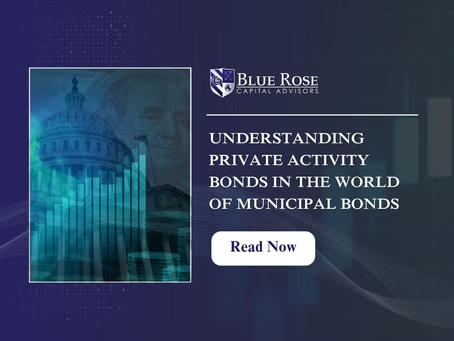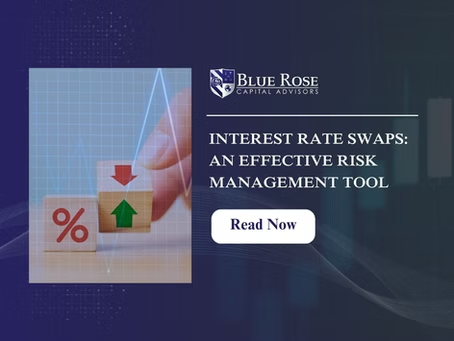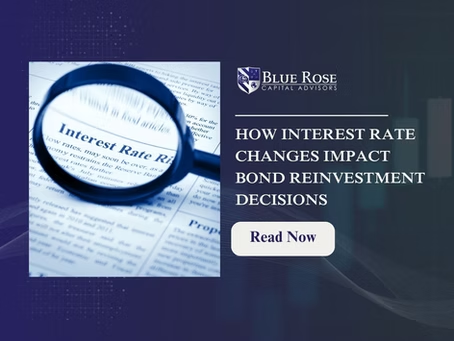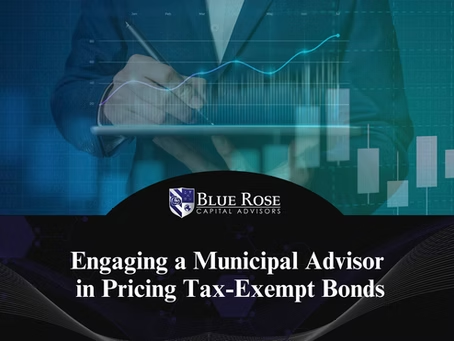
Structuring Municipal Bonds: Serial and Term Bonds
Explore the key differences between serial bonds and term bonds in municipal finance, including pricing, maturity schedules, and benefits for issuers.

Explore the key differences between serial bonds and term bonds in municipal finance, including pricing, maturity schedules, and benefits for issuers.

Private Activity Bonds (“PABs”) are a specific type of municipal bond (“muni bonds”) where the ultimate borrower is often a nonprofit private entity. PABs allow these nonprofit organizations to issue tax-exempt bonds through conduit issuing authorities, unlike state and local governments that issue tax-exempt bonds under their own authority. PABs provide these entities an important vehicle for funding capital projects at a lower cost of capital than the taxable bonds market

An interest rate swap is a derivative contract between two parties in which one party pays a fixed rate and the other pays a variable rate with the goal of managing exposure to market fluctuations. The perception of interest rate swaps varies depending on the perspective of the individual or institution involved

Borrowers will often see mention of the Series 50 and Series 54 examinations. These qualifying exams are important for ensuring borrowers are getting top-tier advice from independent, qualified municipal advisors. To become a “Municipal Advisor Representative” per Rule G-3 of the Municipal Securities Rulemaking Board (“MSRB”), an individual must take the Series 50 qualification examination. “Municipal Advisor Principals” must pass the Series 54 examination. An entity engaging in municipal advisory activities without a registered Municipal Advisor Representative violates MSRB rules and other federal securities laws

It is important to consider the current interest rate environment when deciding how to reinvest tax-exempt bond proceeds. In particular, the yield curve can offer signals for how to best optimize a reinvestment structure. It is also important to consider the expectation of interest rate movements in the near future. While future interest rates cannot be predicted with certainty, reinvestment rates are shorter term and tend to closely follow the federal funds rate, for which the FOMC offers certain market signals

As institutions advance bond transactions to the market, a common step for many borrowers is to obtain a long-term bond rating for the issue. This rating is a signal to investors of an institution’s creditworthiness, i.e., its ability to repay its debt obligations. The “Big Three” bond rating agencies are Moody’s, S&P, and Fitch, which control most of the global bond rating market

Though there are many steps involved in successfully completing a financing in the capital markets, the pricing of the bonds themselves is one of the most important. Given its vital economic implications, having a municipal advisor (“MA”) providing advice, support, and advocacy throughout the process can be extremely beneficial in ensuring that borrowers can achieve optimal pricing results

Green labeled bonds belong to a family of designations affixed to bonds issued under the “ESG” labels (“Environmental”, “Social”, and “Governance” bonds). There exist readily available standards to which borrowers can use for labelling their green bonds, such as the International Capital Market Association’s (ICMA) standards and the Climate Bond Initiative’s (CBI) standards. Third-party verifiers – often charging a fee – can assist throughout the entire process of evaluating a project through the lens of any of these standards, from the initial evaluation through execution, as well as beyond with post-issuance reporting

Understanding A Public-Private Partnership: A Public-Private Partnership (P3) is an agreement between a government agency and a private firm to provide services that would traditionally be handled by the public sector, like designing, building, financing, operating, and maintaining a facility or provide a service.

What Are Tax-Exempt Bonds? Let’s Get Started! To start, let’s begin with the basics of what exactly are tax-exempt bonds (here, used interchangeably with “municipal securities” or “muni bonds”).









